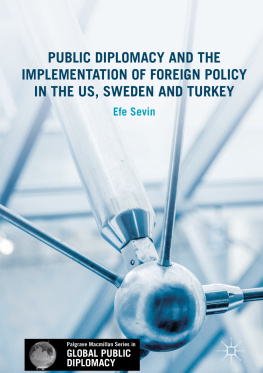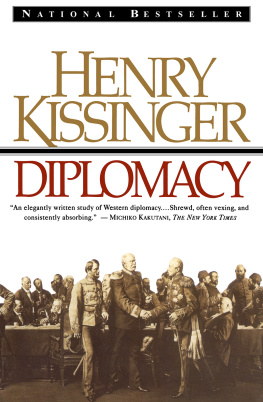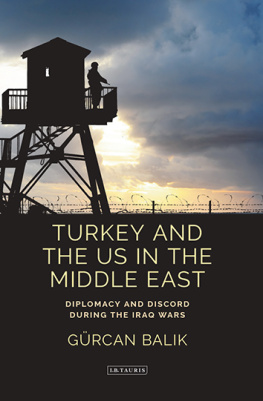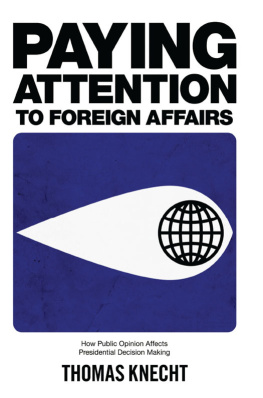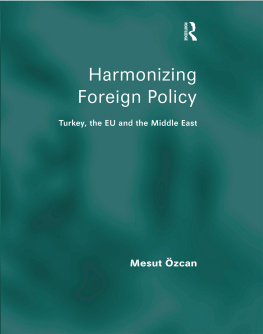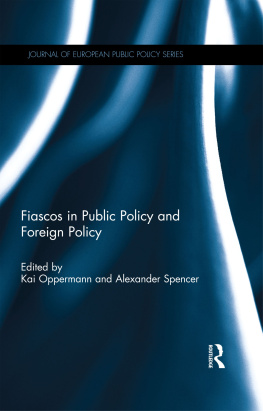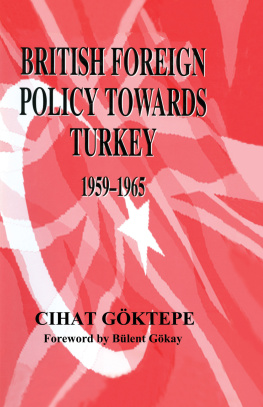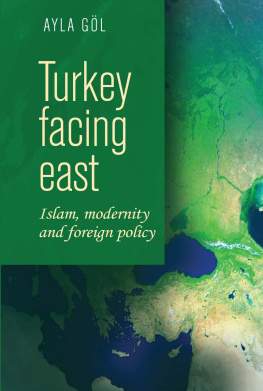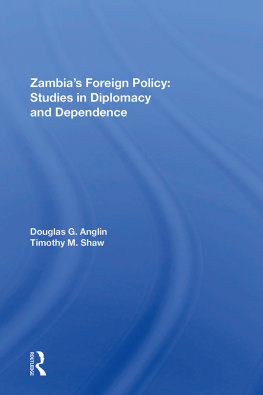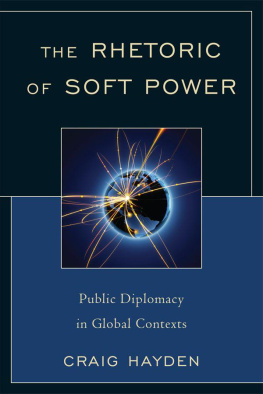1. The Need for Communication
Why do countries establish embassies in foreign lands? I start my public diplomacy classes with this deceivingly simple question, the very same question that has paved the way to this research. Usually, I receive the response I expect very quickly: because countries want to communicate with each other. They want to have an insider view on the motives and interests of other countries and represent theirs. This argument becomes the springboard for further discussion about public diplomacy or, in other words, state-to-nonstate communication: why do states want to communicate with foreign publics, with individuals ? The communication between states is indeed the basis of diplomacy (Nicolson ); yet, why do states feel the need to communicate beyond the state level? Why does the United States pay for broadcasting in languages other than English through Voice of America and Radio Free Europe/Radio Liberty ? Why is the United Kingdom willing to compensate peoples graduate studies through the Chevening Scholarships? Why has the European Union paid for at least two million students study abroad or Erasmus experience?
I started thinking about this particular research project back in 2010 while I was living in Washington, DC, and walking through the famous Embassy Row every day. I witnessed how embassiesbesides their diplomatic and consular functionswere standing as representatives of their countries, as portals to their own countries. It was also in DC that I was introduced to the concept of embassy open houses. On two different occasions, the citys World Embassy Tour and the European Unions Annual Embassy Open House events, Washingtonians were invited to step onto the embassy grounds to interact with diplomats and to experience different cultures. In this communication process between individuals and states via their representatives, I always found it easier to explain why visitors would like to participate. These were unique opportunities to watch a dance troop, listen to a concert, or taste a local cuisine. Explaining the motives of other side, in other words explaining why the embassies organized such open houses, required a multi-year research and resulted in this book.
There is an increasing tendency among political actors to assume that it is in their interest to communicate with foreign audiences (Hayden ). In other words, there is a national interest or a foreign policy component of these communication projects. But how do we move from an embassy open house, an exchange program, or any other public diplomacy project to achieving foreign policy goals and national interests?
Throughout the book, I give a variety of answers to explain the link between public diplomacy and foreign policy. I use public diplomacy as a specific case of international political communication. As the name suggests, public diplomacy includes episodes of communication between states and foreign publics. These episodes are expected to influence the foreign policy outcomes. I present several plausible explanations to unpack this expected influence by studying the American, Swedish and Turkish public diplomacy projects. I present support to some of these explanations, and disprove others. The main objective of this book is to move forward in our explanations of public diplomacy as a foreign policy tool, that is, as an instrument that can be used to advance national interests. By the end of the book, you will have an explanation about why it is in the interest of a country to communicate with foreign audiences and how serving dinner during the embassy open house might help a country reach its foreign policy objectives.
This chapter situates the research in the larger context of international relations and communication. First, I focus on the inclusion of diplomacy in public diplomacy. After introducing the role of diplomacy in world politics, I point out selected trends that show how states moved beyond the borders of traditional diplomacy. Third, I combine these trends under the umbrella of public diplomacy. Subsequently, I introduce the leading research question in this book by inquiring how public diplomacy works. The chapter is concluded with an outline of the upcoming chapters.
1.1 Why Diplomacy?
Public diplomacy carries the label of diplomacy. In other words, by name, the concept seems to be related to this particular communication method in foreign policy and international relations. Not unlike public diplomacy, diplomacy does not have a universally agreed upon or easily expressed definition. A broad definition of diplomacy makes the concept a synonym for statecraft, foreign policy, and international relations in general (Sharp , 434).
In its essence, diplomacy is the communication system of the international system (Alan ).
Diplomacy has been a necessity in the conduct of international relations. More specifically, countries and societies have always had a desire to keep in touch with each other, and diplomacy presented a platform on which such interactions can take place. The diplomacy label in public diplomacy demonstrates its inherent tie with international relations. Public label signals the move beyond traditional diplomacy.
1.2 Communicating Beyond Diplomacy
Communication is ubiquitous in todays world. From the buzz of the phone in our pockets to the traffic signs on the streets, we, as individuals, are always exposed to messages and other forms of contact. The underlying assumption here is that a variety of actors believe that they have something important to share with us. The call on your phone might be an update on the project you have been working on, while a traffic sign might give you information about construction works ahead. More and more states are investing in different forms of public diplomacy, such as establishing cultural centers abroad, broadcasting globally and organizing student exchanges to connect directly with non-state actorswith usin other countries. States do not engage in these activities for the sake of establishing relations or making new friends, but rather to manage the international environment through engagement with a foreign public (Cull , 12).
Through communicating to, and more frequently engaging with, foreign audiences, states can advance their interests. As part of the diplomatic engagement with other countries, public diplomacy projects attempt to change the actions of people (Fisher and Brckerhoff , 106). Public diplomacy complements traditional diplomacy by making it possible to interact with general audiences. The need to communicate is still based on similar assumptions with traditional diplomacy.
An illustrative example can be seen in American diplomacy during World War II. Shortly after the attack in Pearl Harbor, the United States started Voice of America (VoA) as its first international broadcasting project. Initially limited solely to German-language broadcasts, VoA quickly expanded to broadcast regular programing around a dozen languages, reaching several countries (W. R. Roberts ). This public diplomacy attempt supported the traditional diplomacy and warfare efforts by harnessing support for American ideals.
For the American practitioners, VoA also marked a move away from propagandaa tainted concept associated with German wartime efforts. Public diplomacy was not the first time countries attempted to communicate with foreign publics. Propaganda studies present various examples, dating as early as Ancient Greece and the Peloponnesian War. ) was mandated to be a reliable and authoritative source of news and to present accurate and balanced reports.

